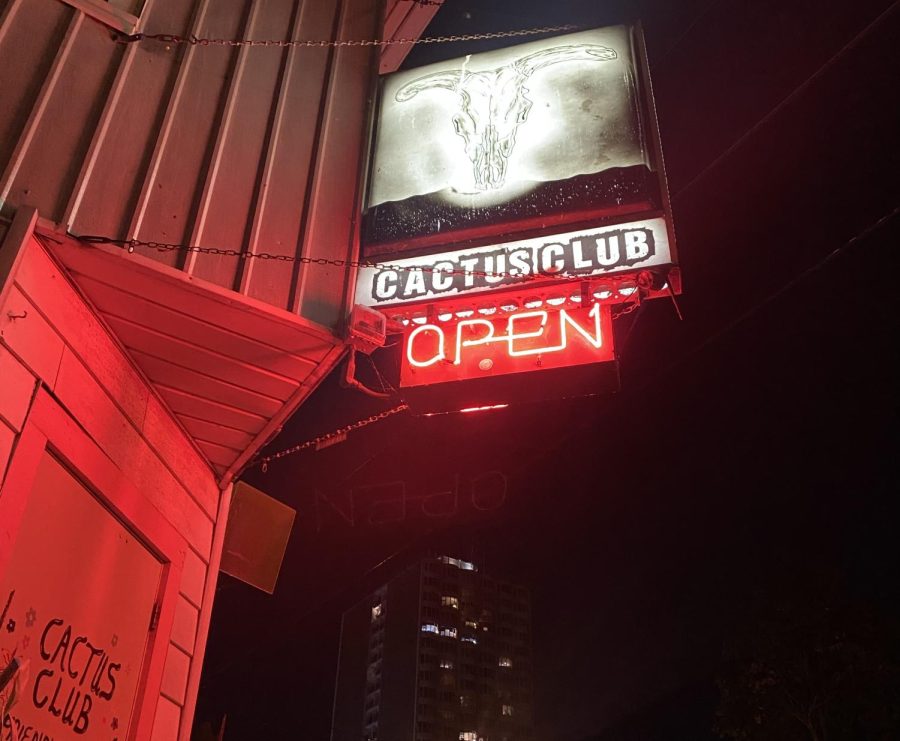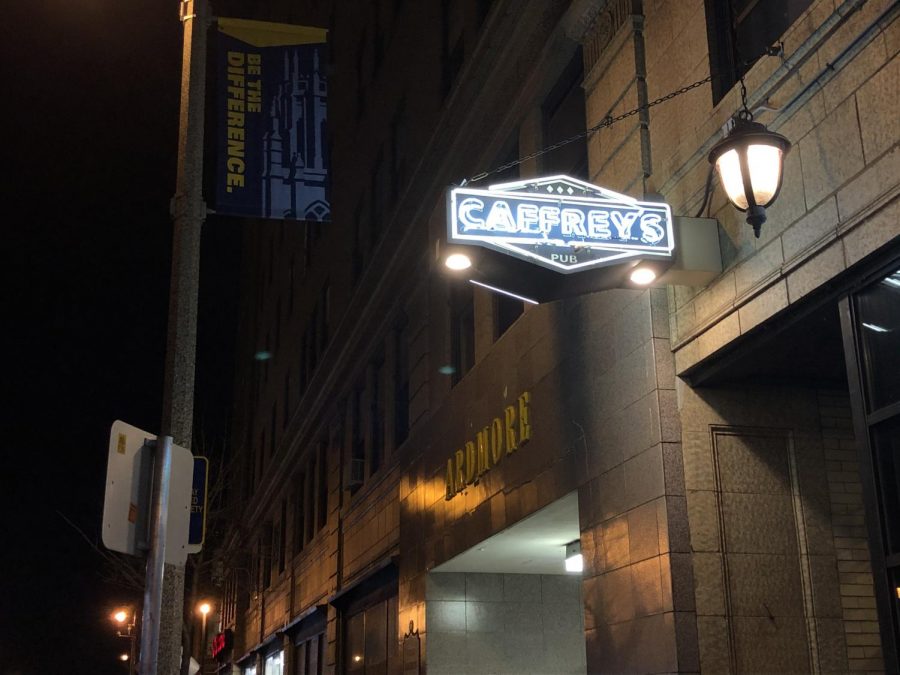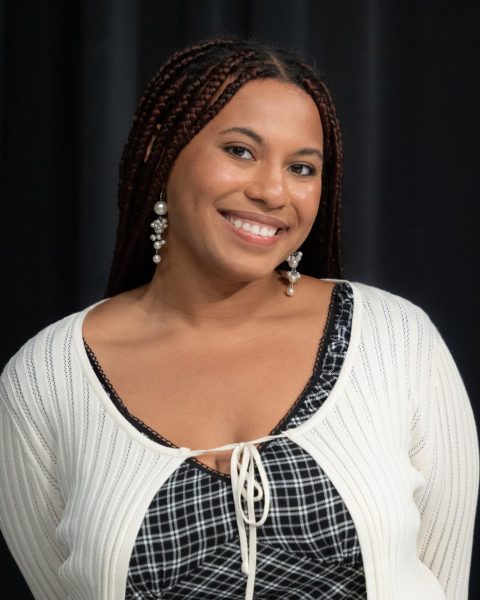During middle school, I didn’t have many friends. I was a head taller than all other girls, and my interests were about two years behind. Everyone else was changing and it felt like we would never relate emotionally, even after we finished growing. However, I had one group I could rely on: K-Pop supergroup BTS.
The phenomenon of parasocial relationships, such as that of many young people and their favorite artists, can be an extremely pervasive part of a person’s life.
Parasocial relationships are one-sided connections where one person extends emotional effort while the other party is completely unaware of that person’s existence.
Whether it be your dad and his favorite quarterback, or your mom and her celebrity crush, parasocial relationships are an ever-present facet of life. In fact, although only 16% of Americans admit to it, around 51% of the population has had some sort of parasocial relationship.
According to research from SUNY Buffalo, parasocial relationships can be beneficial for those who have low self-esteem. These people often notice desirable values and traits within their idols. This could be a good way for those who are socially anxious or do not have any positive role models near them to develop themselves and their character.
In my case, my infatuation with BTS was based on the effort they put into their productions. Although I was working towards graduating high school and they were climbing the music rankings, it felt like the amount of effort they put into their music would inspire me to apply the same energy to my schoolwork.
This attachment, often called entertainment-social attachment, is the most common connection between fans and celebrities. There is a clear distinction between friend and fan that is understood between both artist and admirer.
However, some people can develop less safe connections to their favorite celebrities, creating an unhealthy lifestyle that could continue to damage their lives and their idols.
Instead of simply looking for positive traits, people with these other attachment styles will create narratives about themselves and the personas they believe they are in contact with. Often, they’ll do this without regard for the effects these attachments could have on themselves and actual connections with other humans.
For many people, an unhealthy attachment towards a celebrity might look like devoting time and energy to their perceived relationship while neglecting their real-life connections or spending an unhealthy amount of money on the celebrity and their merchandise.
This becomes even more worrisome when the element of internet accessibility is added into the issue.
Oftentimes, unhealthily attached fans might be prone to harassing and attacking anyone they assume is causing harm to their idols, no matter the reality of the situation. Doxxing, or the publishing of an offender’s personal information online, is another commonly implemented “punishment” these individuals utilize.
In more extreme cases of borderline-pathological attachments, the compulsive thoughts and emotions toward a persona might cause an unwell person to take dangerous actions, affecting both them and their perceived partner.
One of these extreme instances involves a Roger Alvarado, a Taylor Swift superfan, who’s imaginary connection with Swift led him to break into her apartment three times and eventually leading to his arrest with a sentence of 4 years in prison for stalking, burglary and felony criminal contempt.
Cases like Alvarado’s are rare, but they are not diminishing soon.
As such, it is imperative that if a person has a parasocial relationship, they are able to categorize the extent to which they feel connected to this person and how this relationship affects them and their real connections.
This story was written by Clara Lebrón. She can be reached at [email protected].







